Upon arriving in Abu Dhabi, I did what I always do when temporarily unbound from the responsibilities of family and out on the prowl: I had a nap; and then went grocery shopping.
The Hypermarket is next door to the hotel, so I wandered around at 11 p.m. The place was bustling with young families, singles, and endless staff obsessed with cleaning. That  seemed like a good sign.
seemed like a good sign.
I collected the usual basics for before- and after-meal snacking: berry juice, yogurt, Greek salad, tabbouleh, whole grain bread, Dairy Milk chocolate, and cheese (in North America it’s Extra-Old cheddar, in Australia it’s Extra Tasty, in the United Arab Emirates it’s Extra Mature).
Driving from Dubai to Abu Dhabi was eerily similar to driving from Tucson to Scottsdale, although Arizona has more hilly bits. Desert, gas stations, concrete monuments and groovy architecture.
Tim Hortons?
The venerable Canadian coffee and doughnut shop was everywhere. Can’t find one in Australia, can’t find one in the southern U.S., but they’re everywhere in UAE after opening their Dubai outlet in Sept. 2011. A local paper noted at the time, Tim Hortons is to Canadians what the falcon is to the UAE; an intrinsic part of the culture and an inescapable symbol of Canadian life.
I tried to explain to the driver who Tim Horton was. That didn’t go so well.
Tim Horton was a bruising (ice hockey) defenseman who won 4 Stanley Cups with the Toronto Maple Leafs in the 1960s. Born in 1930 in Cochrance, Ontario, Horton spent his formative years playing in mining communities surrounding Sudbury, Ontario (that’s in Canada; my sister and her family live up there). He got noticed by the Leafs organization and moved to Toronto when he was 17-years-old. He died in a car accident in 1974 after a 24-year National hockey League career?. Horton had a reputation for enveloping players who were fighting him in a crushing bear hug (sorta like my uncle, who played small-town hockey in Northern Ontario). Boston Bruins winger Derek Sanderson once bit Horton during a fight; years later, Horton’s widow, Lori, still wondered why. "Well," Sanderson replied, "I felt one rib go, and I felt another rib go, so I just had—to, well, get out of there!” ?
Tim Hortons Inc. was founded in 1964 in Hamilton, Ontario by Canadian hockey player Tim Horton. In 1967 Horton partnered with investor Ron Joyce, who quickly took over operations and expanded the chain into a multi-million dollar franchise. There are almost 3,000 Tim 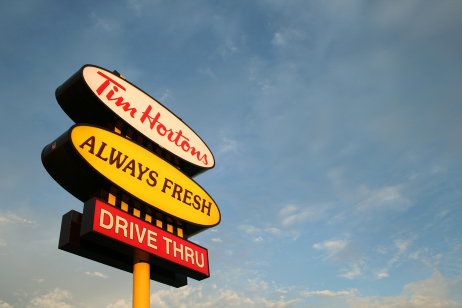 Hortons in Canada, and another 50 in the U.S. The chain accounted for 22.6 per cent of all fast food industry revenues in Canada in 2005. Canada has more per-capita ratio of doughnut shops than any other country. In Canada, owning a Tim Hortons is like owning a license to print money (that’s the Tim Hortons sign in Cookstown, Ontario, north of Toronto, where my father is from)..
Hortons in Canada, and another 50 in the U.S. The chain accounted for 22.6 per cent of all fast food industry revenues in Canada in 2005. Canada has more per-capita ratio of doughnut shops than any other country. In Canada, owning a Tim Hortons is like owning a license to print money (that’s the Tim Hortons sign in Cookstown, Ontario, north of Toronto, where my father is from)..
I never bought Tim Hortons coffee – I can make better stuff at home. But I will track down an UAE outlet and savor the nostalgia of a still-warm, sugar- encrusted apple fritter. Maybe even some Timbits – doughnut holes – just like the ones used to bribe my girls with to get to 6 a.m. hockey practices. I bribe 3-year-old Sorenne to her 7 a.m. swimming class in Brisbane with fresh melon. Different climate, different motivations.
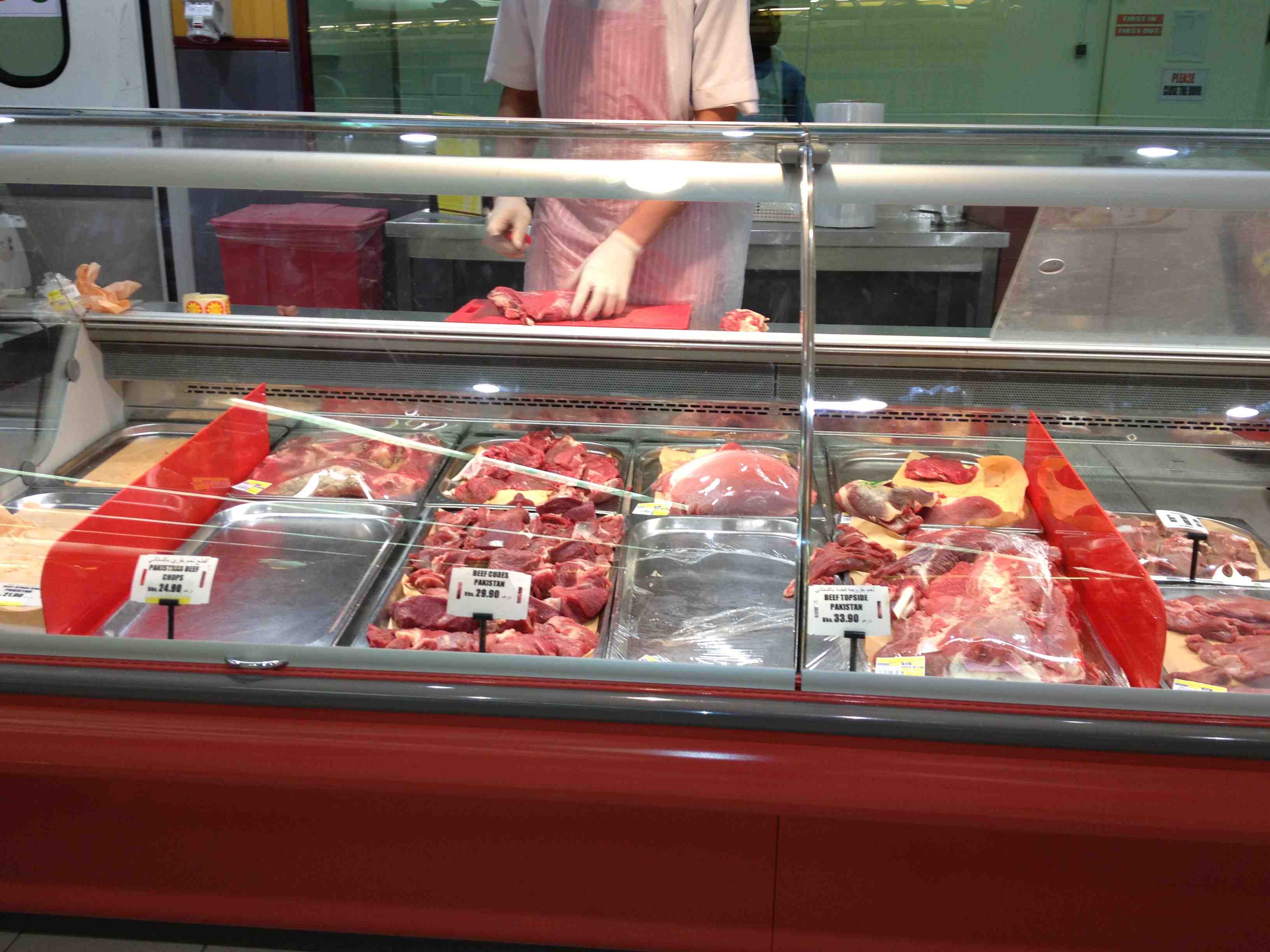
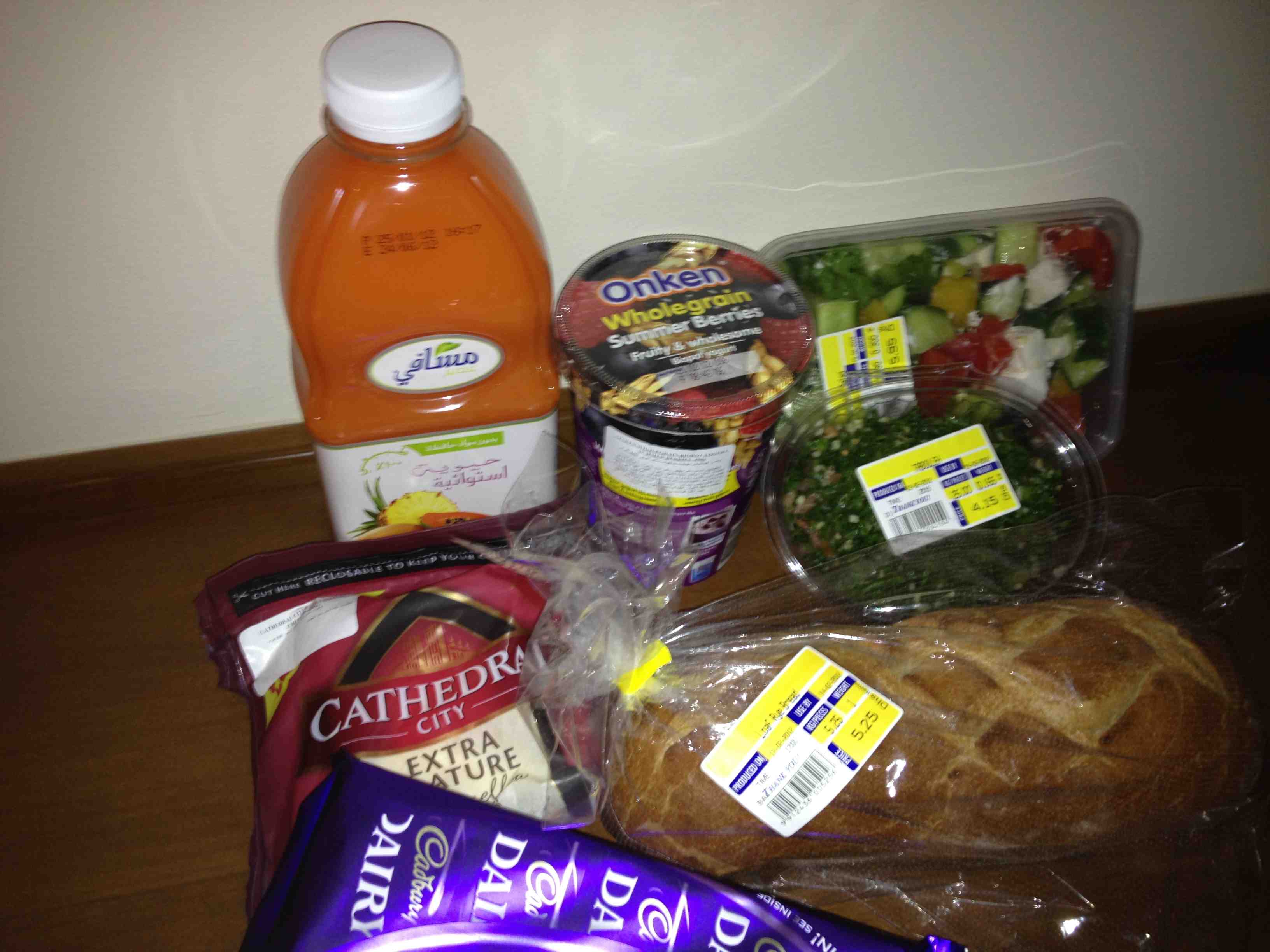
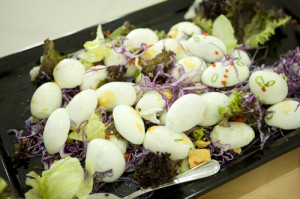 “Suppliers know that if they do not comply with the regulations we will not give them a licence to supply to schools,” said Sultan Al Taher, head of food inspection at Dubai Municipality.
“Suppliers know that if they do not comply with the regulations we will not give them a licence to supply to schools,” said Sultan Al Taher, head of food inspection at Dubai Municipality.
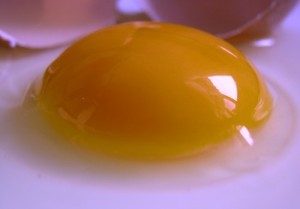


.jpg) through their DNA fingerprints.
through their DNA fingerprints. extension specialist at North Carolina State University will conduct the workshop at the Dubai International Convention and Exhibition Centre.
extension specialist at North Carolina State University will conduct the workshop at the Dubai International Convention and Exhibition Centre. Hortons in Canada, and another 50 in the U.S. The chain accounted for 22.6 per cent of all fast food industry revenues in Canada in 2005. Canada has more per-capita ratio of doughnut shops than any other country. In Canada, owning a Tim Hortons is like owning a license to print money (that’s the Tim Hortons sign in Cookstown, Ontario, north of Toronto, where my father is from)..
Hortons in Canada, and another 50 in the U.S. The chain accounted for 22.6 per cent of all fast food industry revenues in Canada in 2005. Canada has more per-capita ratio of doughnut shops than any other country. In Canada, owning a Tim Hortons is like owning a license to print money (that’s the Tim Hortons sign in Cookstown, Ontario, north of Toronto, where my father is from)..

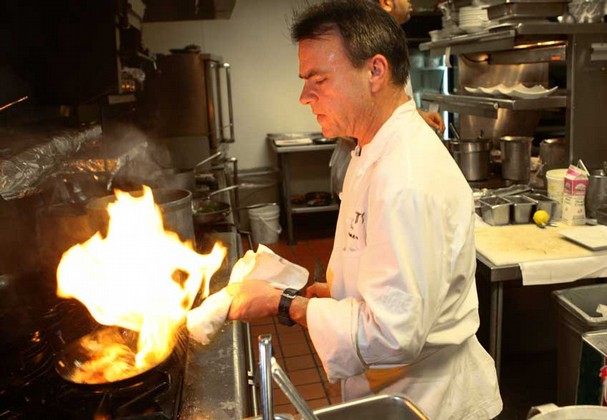 August 2009 after the deaths of two young siblings who ate spoiled takeaway food in Al Qusais.
August 2009 after the deaths of two young siblings who ate spoiled takeaway food in Al Qusais. and hundreds of thousands of E. coli bacteria were found in samples of one gram, about the size of a small leaf.
and hundreds of thousands of E. coli bacteria were found in samples of one gram, about the size of a small leaf.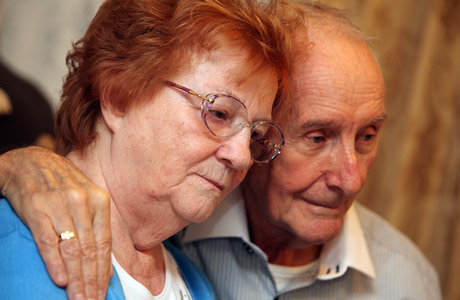 treatment to save her life.
treatment to save her life.